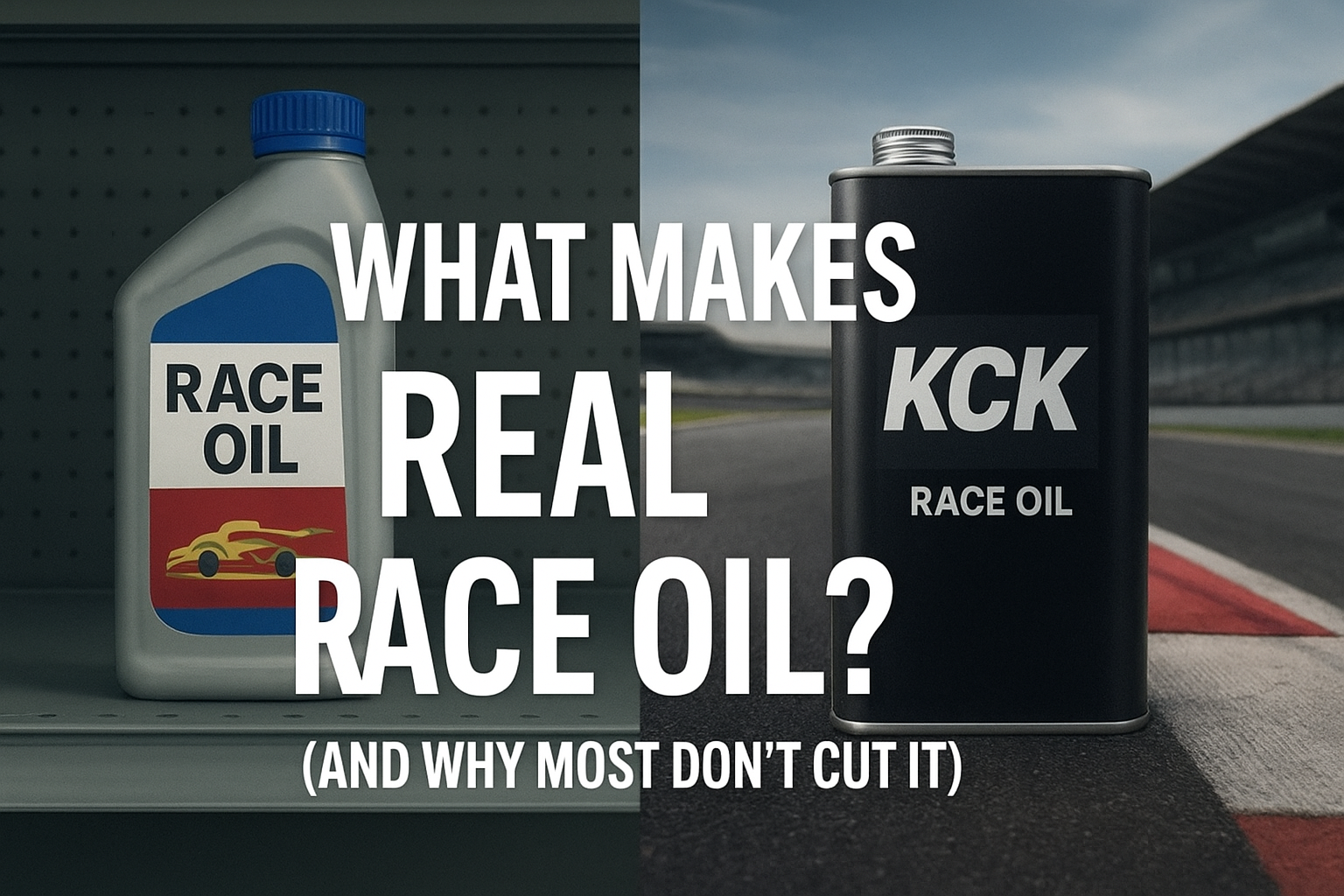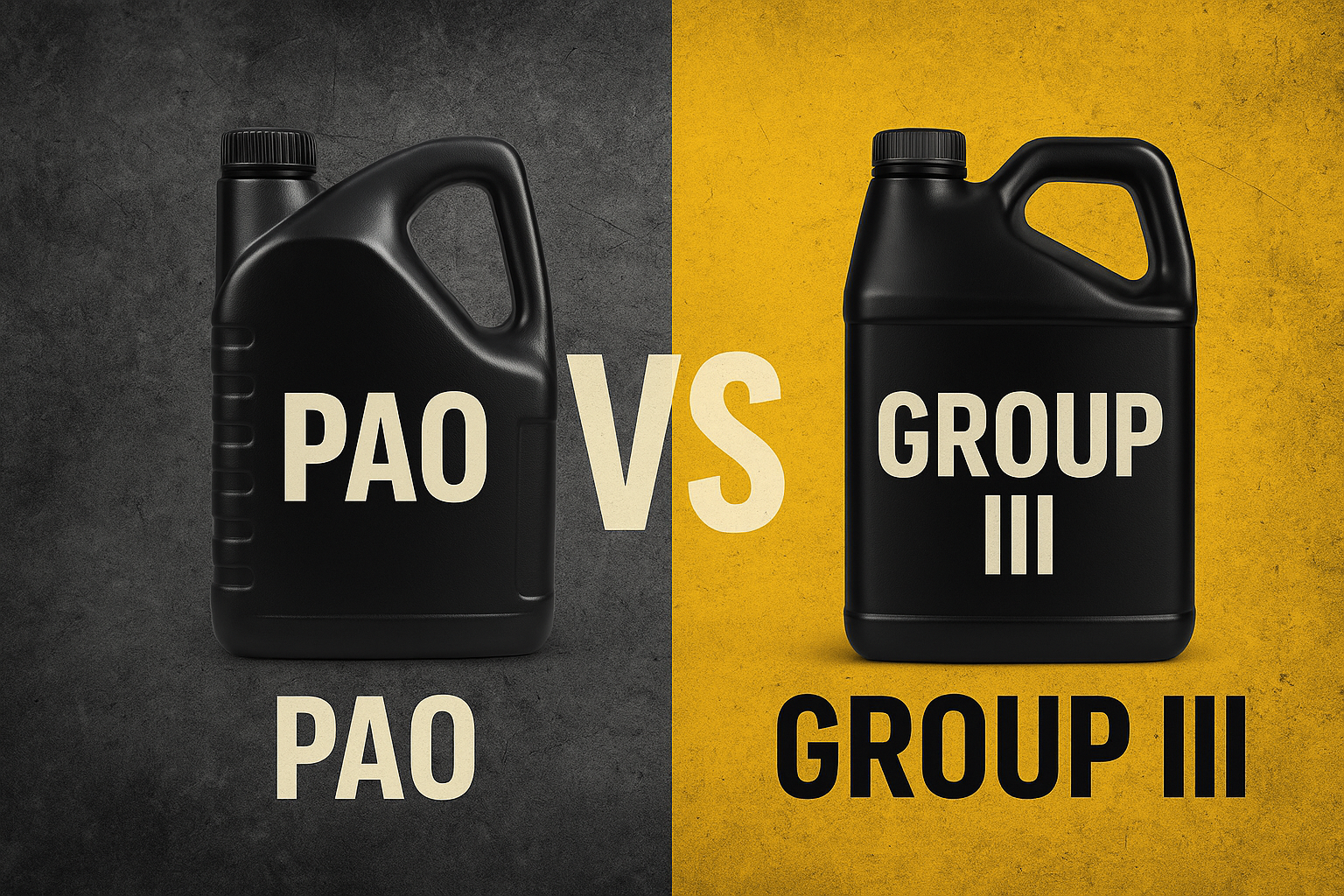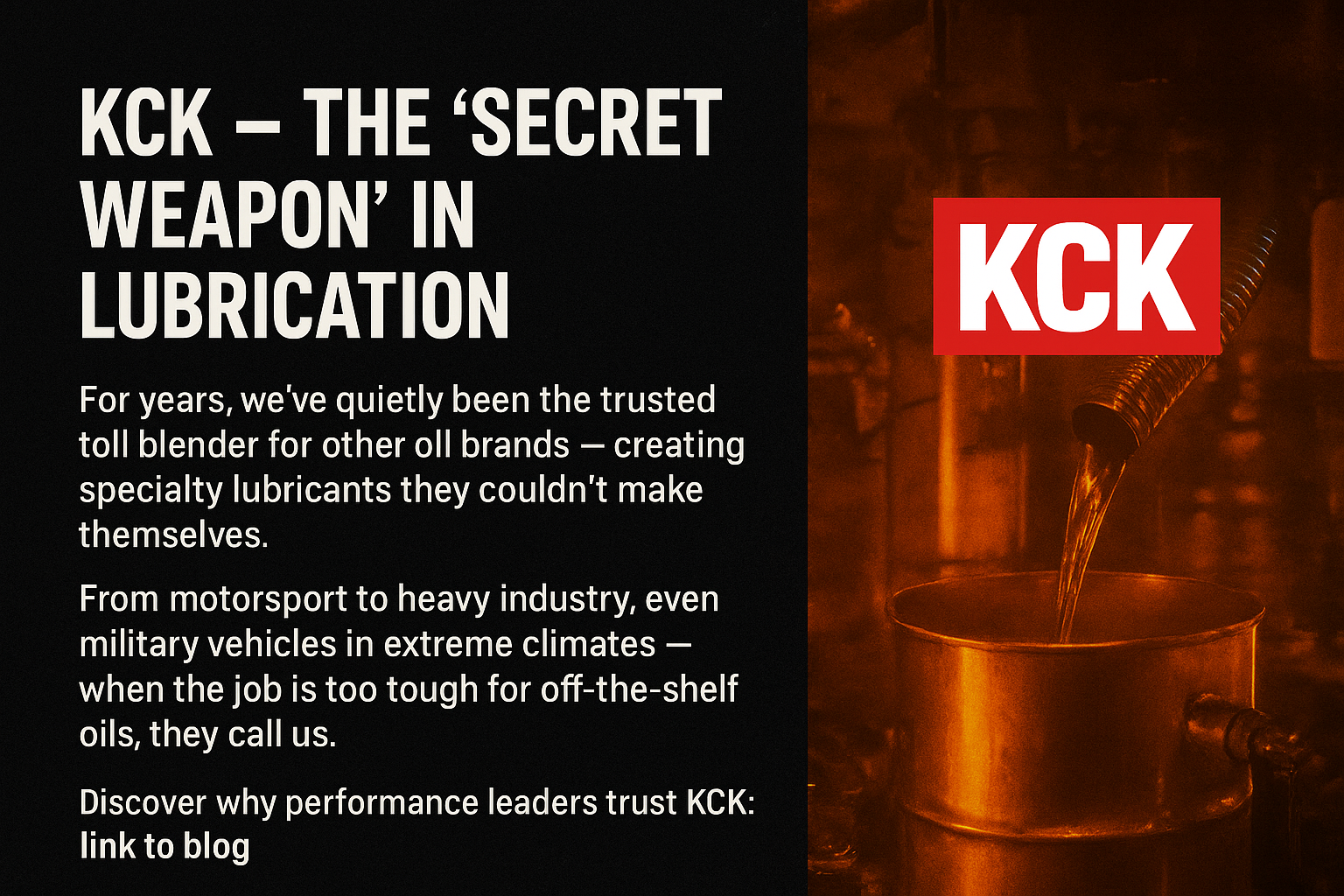PAO vs Group III: What’s the Real Difference in Engine Oil Performance?
In a world where everyone’s selling “synthetic,” it’s time to separate marketing spin from real tech. You’ll see Group III oils labeled as full synthetic. You’ll see PAO-based oils called full synthetic too. But make no mistake: they are not the same, and your engine knows the difference.
Let’s break it down — no fluff, no filler, just facts.
What Are Base Oils, and Why Do They Matter?
Every engine oil starts with a base oil — it’s the backbone of the formula. Additives do the fine-tuning, but base oil sets the performance ceiling. If the base oil can’t handle the heat, shear, or volatility, no additive package will save it.
There are five groups of base oils, but most synthetics today use either:
-
Group III: Severely hydrocracked mineral oil refined to meet synthetic standards.
-
Group IV (PAO): Pure synthetic oil molecules built in a lab from the ground up.
They might both wear the “synthetic” badge, but it’s like calling a street car and a race car both “fast.” Technically true… until the lights go green.
Group III Oils: The Mass-Market Workhorse
Group III oils have come a long way. Modern refining tech has made them stable, clean, and capable — for most daily drivers, they do the job. But here’s the reality check:
-
Made from mineral oil
-
Less stable at extreme temps
-
Higher volatility (they burn off quicker)
-
Weaker cold-flow
-
Lower film strength under extreme pressure
They’re cheap, they’re clean, and they’re everywhere. And they’re the base oil of choice for most “synthetic” oils on supermarket shelves.
PAO (Polyalphaolefin): The Gold Standard for True Performance
PAO is not refined from crude oil — it’s synthesized molecule by molecule. That means unmatched purity, structure, and performance:
-
Incredible thermal and oxidative stability
-
Ultra-low volatility (less burn-off, longer life)
-
Excellent cold flow
-
Strong high-temp film strength
-
Naturally detergent-free
-
Higher viscosity index (more stable across temperature changes)
That’s why PAO is the foundation for real race oils and premium long-life lubricants. It’s what we build many of our top KCK formulations around — especially in the RE Series, where performance isn’t negotiable.
But Wait — Aren’t Some Group III Oils “Just as Good”?
Some brands love to blur the lines. They’ll tell you their ultra-refined Group III+ is just like PAO. It’s not. While high-end Group III can perform better than the cheap stuff, it still degrades faster, struggles under sustained heat, and lacks the same lubricity and film strength under shock loading.
Here’s the real deal:
PAO = purpose-built synthetic.
Group III = mineral oil made to perform better.
There’s a reason PAO oils cost more — and there’s a reason elite motorsport, aerospace, and extreme-condition industries still rely on PAO.
How KCK Does It Differently
At KCK Lubricants, we don’t chase margins — we chase performance. We blend many of our oils using a PAO-heavy base combined with ester co-base and the latest race-proven additive chemistry.
Why? Because we’re not building oils for the brochure. We’re building them for lap records, towing loads, podium finishes, and mechanical survival when the heat is on.
And we blend them hot — not cold-mixed like mass-market brands. That means tighter chemical integration, cleaner molecular bonding, and maximum performance under pressure.
The Bottom Line
If you’re pushing your engine hard — whether it’s racing, hauling, or just running high-performance mods — Group III might not cut it. You need the real deal.
You need PAO.
Don’t let marketing labels fool you. Look beyond the synthetic sticker and dig into what really matters: what’s in the bottle.
When you run KCK Lubricants, you’re running oil that’s built, not bottled.





